
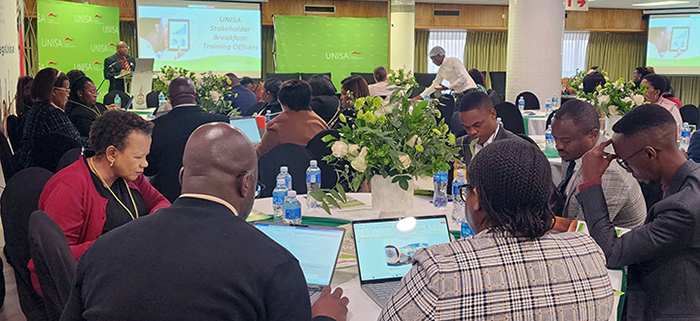
Stakeholders and training officers from across the accounting profession engage in robust discussions during the CAS Stakeholder Breakfast
On 15 July 2025, Unisa’s College of Accounting Sciences (CAS) hosted a strategic stakeholder engagement breakfast to strengthen collaboration with training officers. The engagement focused on enhancing student support, promoting academic integrity and ensuring that graduates are adequately prepared for the evolving demands of the accounting profession.
Executive Dean of CAS, Dr Moses Hlongoane, officially welcomed guests and reaffirmed the college’s commitment to improving the academic experience of accounting students, many of whom are NSFAS-funded and face significant socio-economic challenges. As part of the college’s commitment to strengthening partnerships, particularly with training officers responsible for supervising students during their practical training, Hlongoane announced the establishment of a dedicated stakeholder relations office. He introduced Thoula Bofilatos as the college’s stakeholder contact. Her role is intended to improve communication, responsiveness and support between the college and its stakeholders, ensuring that concerns raised by both students and training officers are addressed promptly and effectively.
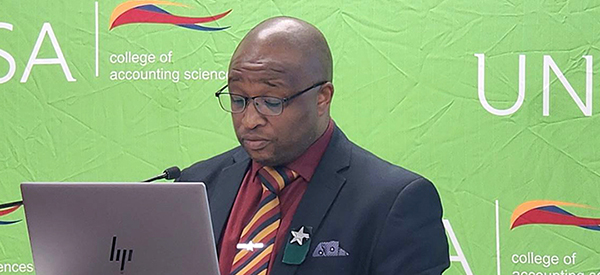
Dr Moses Hlongoane, Executive Dean, College of Accounting Sciences
Representing the Office of the Vice-Principal: Teaching, Learning, Community Engagement and Student Support, Acting Director Dr Nikki Tjano reflected on the evolving role of universities in contemporary society. He encouraged the college and its stakeholders to move beyond the traditional "ivory tower" approach by fostering partnerships that are reciprocal and responsive to societal needs.
Tjano emphasised the need for higher education institutions to align their curricula with industry demands, integrate artificial intelligence into teaching and learning, and advance ethical, engaged scholarship. "Unisa must be known not only for knowledge production, but also for actively addressing the real challenges facing our country," he concluded.
Stakeholders welcomed the college’s commitment to ethical standards and student support while drawing attention to persistent academic and administrative challenges. Mlungisi Hlongwane, Head of Quality Assurance and Enhancement, noted that CAS records one of the highest volumes of academic misconduct cases at Unisa, despite its relatively smaller student population. Over 90% of these cases result in guilty verdicts, highlighting the institution’s firm stance on upholding academic integrity. He called for deeper collaboration between the college and training offices to instil professional ethics early in the learning journey.

Networking sessions with college stakeholders
These concerns were echoed by training officers in attendance, who shared both appreciation and constructive feedback. One participant expressed satisfaction with the event: "This platform gives us renewed confidence that Unisa is committed to producing competent, ethical graduates who are workplace ready." However, others raised issues about delays in concluding disciplinary cases, limiting timely feedback and support for students and training organisations.
Additionally, one training officer identified the complexity of the CTA programme’s integrated assessment model. The challenges students face in adapting to hybrid examination formats and the resulting benefits in upholding the integrity of the assessments were also areas noted by the training officers. These reflections underscore the importance of continuous dialogue, responsiveness and academic innovation in addressing the evolving needs of students and stakeholders.
The stakeholder engagement reaffirmed the college’s commitment to fostering inclusive, forward-looking partnerships that strengthen student development, academic relevance and ethical accountability. As the college continues to position itself as a leader in the national and continental accounting space, initiatives such as this event reflect a deep commitment to integrity, transformation and academic excellence.
* By Ntsako Mohlaba, Communication and Marketing Specialist, College of Accounting Sciences
Publish date: 2025-07-23 00:00:00.0
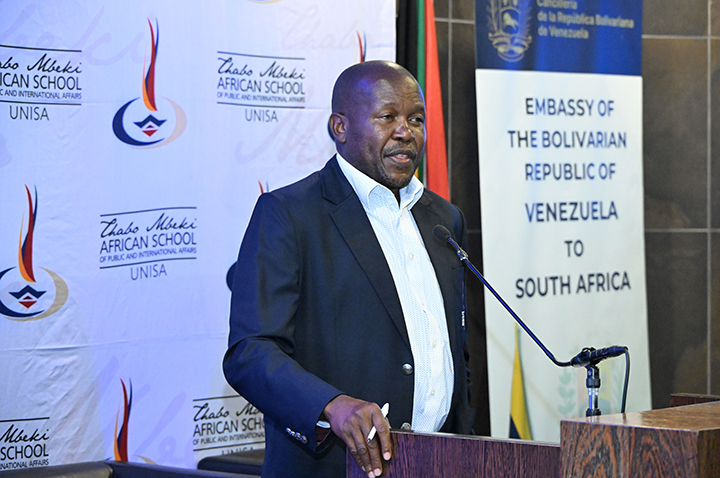 Unisa seminar examines breach of the international legal framework
Unisa seminar examines breach of the international legal framework
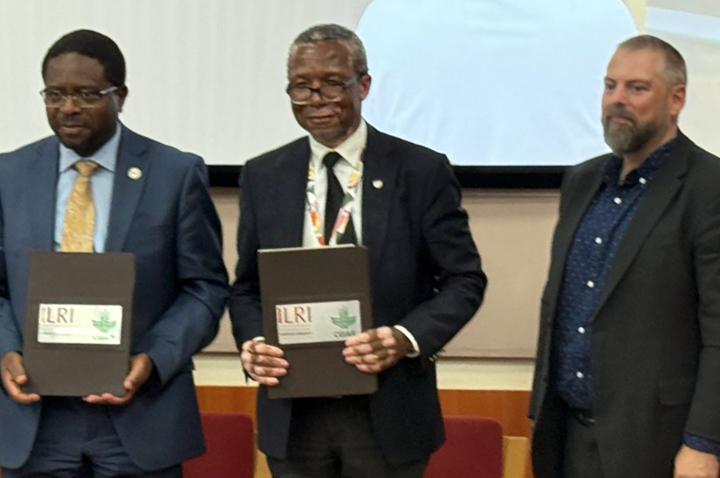 Unisa and ILRI sign landmark MoU to advance Africa's genomic leadership
Unisa and ILRI sign landmark MoU to advance Africa's genomic leadership
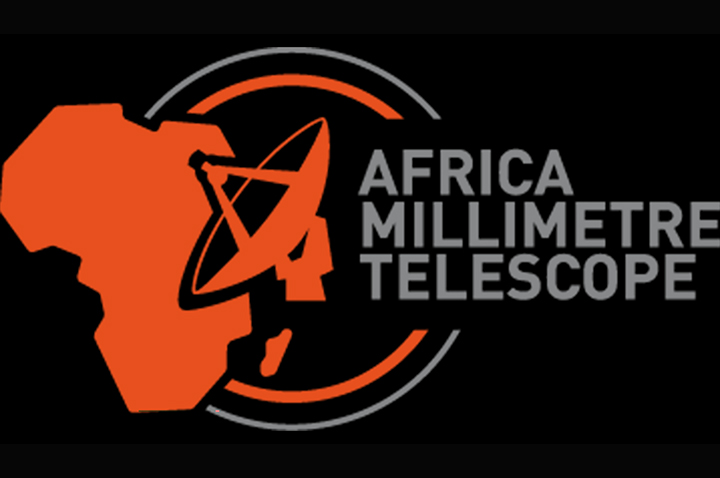 AMT to strengthen global black hole imaging and advance African astrophysics
AMT to strengthen global black hole imaging and advance African astrophysics
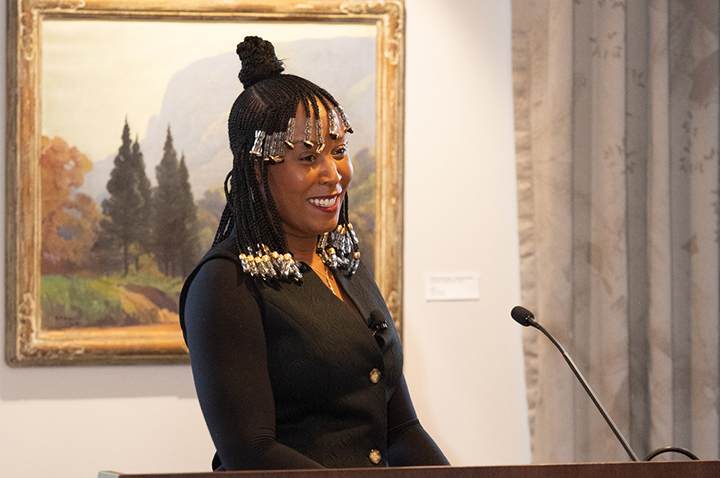 Unisan awarded Presidential Fellowship at American university
Unisan awarded Presidential Fellowship at American university
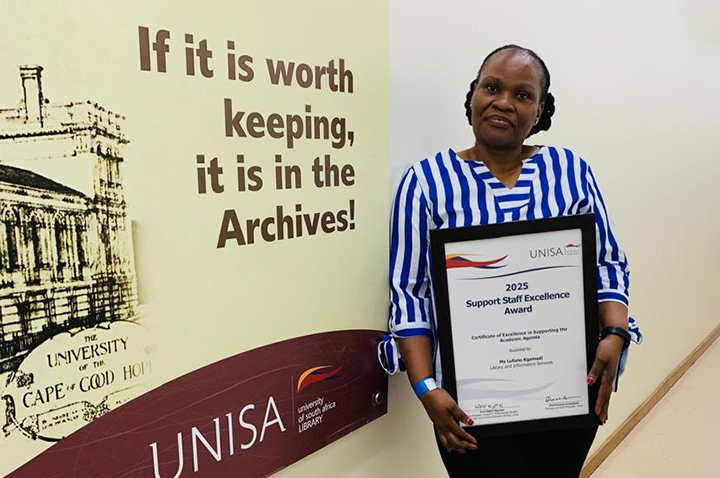 Scholar-practitioner excellence recognised at Unisa
Scholar-practitioner excellence recognised at Unisa